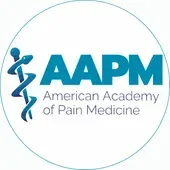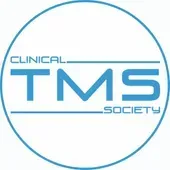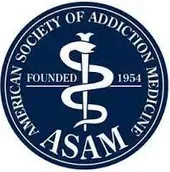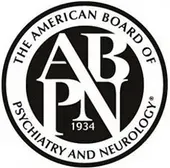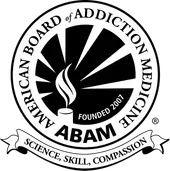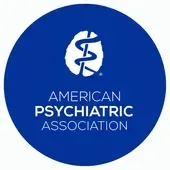Outpatient Detox Programs
Drug & Alcohol Treatment in Chestnut Hill
Use of alcohol and certain drugs (like benzodiazepines, opiates, and kratom) can have serious and even life-threatening consequences if stopped abruptly without medical intervention. "Detox" is a word that describes medically assisted withdrawal, and it's the first stage for anyone dependent on one or more of these substances. While a hospital setting may be necessary, many times an outpatient detox program is a safe and convenient option.
Dr. Jonathan Beatty of Wave Treatment Centers in Chestnut Hill, PA is Board Certified in Addiction Medicine and has been providing outpatient detoxes since 2013. Dr. Beatty is highly experienced and has successfully detoxed hundreds of patients. He has developed protocols for safe and comfortable outpatient detox options which offer minimal disruption to your daily life.
Dr. Beatty created the outpatient detox program at Wave Treatment Centers and directly oversees the medical team to ensure you receive the best possible care and the best possible outcome.
"If you are a candidate for an outpatient detox, we will make sure you have a clear understanding of the medications we are prescribing and how to use them. We are available after hours during detoxes to manage concerns if they arise."
Start your Healing Journey
A healthier, happier life starts here — talk to our caring staff today.
Website Form Submission
Outpatient Detox FAQ
Frequently Asked Questions
I just want a to thank Dr. Beatty for the dignity and humanity he with which I was treated during the early phase of my recovery. You probably don’t remember me, man, but I’m the dude who OD'ed and his fiancé left him and yet I came in for a Vivatrol shot the very next day. That was hell- but the sense of optimism and, dare I say pride you instilled in me helped me keep the faith.
Aaron J.






